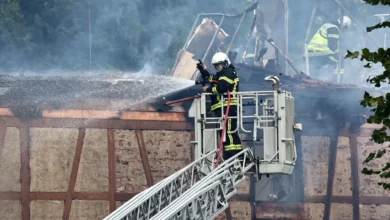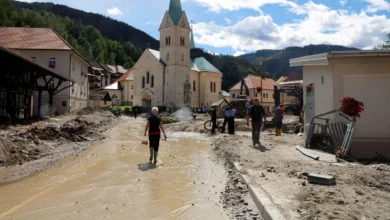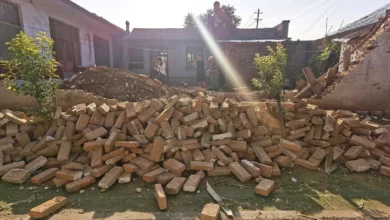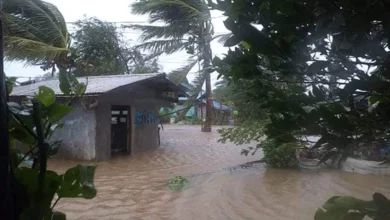“It’s devastation that I’ve never seen anywhere before in my life,” said Natasha Scripture, spokesperson for the World Food Program in Port-au-Prince in a phone interview with Al-Masry Al-Youm. Scripture, who has been in Haiti for a week, said, “Buildings are totally flattened. There’s dust everywhere.”
When a 7.0 magnitude earthquake hit Haiti on 12 January, the country, already the poorest in the Western hemisphere, was devastated. Though the death toll remains inconclusive, up to 200,000 people are suspected dead and hundreds of thousands more have been left homeless. Three weeks later, millions of dollars of aid and hundreds of relief workers have poured into the country–as well as up to 10,000 US military personnel–but it is expected that Haiti will take years to rebuild.
Scripture is just a small part of the massive relief effort taking place in the country, but she was able to share an idea of what the situation looks like on the ground, what challenges aid workers face, and how long it may take to rebuild the country.
The United Nations has called the Haiti earthquake a “historic disaster” and said that the organization has never encountered a catastrophe of its scale before. Among the people, Scripture said, “the level of desperation is heartbreaking.”
In the immediate aftermath of the earthquake, many commentators around the world leveled harsh criticism against the international aid community for what they considered a slow response to the humanitarian crisis. But according to Scripture and others in the humanitarian community, the relief effort has been reasonably quick considering the numerous challenges it faced.
The magnitude of the earthquake, coupled with Haiti’s poverty and poor infrastructure, has made the distribution of aid difficult, said Scripture. Telecommunications, electricity, roads, and water infrastructure were knocked out during the earthquake. Scripture described it as the “most complex emergency that [the World Food Program] has ever had to deal with.”
That the earthquake’s epicenter was near Port-au-Prince, Haiti’s capital and population center, has made matters worse. The area is overcrowded. “There’s so much traffic,” said Scripture. Even the WFP, accompanied by American soldiers for security, can barely move through the city. “Yesterday, there was bumper to bumper traffic. I was stuck for two hours.” While this may not seem unusual for a Cairene, the stakes are somewhat higher when there are convoys of food to deliver to starving people.
Many Haitians are desperate for aid. Thousands of displaced people are living in camps where access to food and water remain inconsistent. Scripture says that Haitians bear no ill will toward humanitarian workers despite the fact that most aid convoys, including those of the WFP, travel accompanied by the military. When Scripture goes on food distribution runs, crowds form and there are stampedes.
Like the rest of Haiti’s population, the humanitarian community was hit hard by the earthquake. 12 January, the day of the earthquake, was the single deadliest day for United Nations staff in the international organization’s history. “This whole thing hit the heart of the humanitarian community that was already on the ground,” says Scripture.
”A lot of our staff lost their homes, lost loved ones. And it’s not just us. So the people who would be in the best situation to react and help, they can’t do that.”
Almost a month after the earthquake hit, news from Haiti is slowly beginning to fade from the headlines, but this does not mean that the country isn’t still suffering. “My fear is that when people get tired of this story and when people leave, we’re still going to need resources. We’ve realized we’re going to be here for the long haul,” said Scripture. Some experts predict that it will take up to ten years to rebuild the country.
But Scripture sees glimmers of hope in the situation in Port-au-Prince, particularly in the energy of the Haitian people.
“Haitians are very patient and strong, and I think they’re acclimated to some of the tough lives that many of them have,” she says. “You can see people moseying along, going about their business, going to the market like nothing’s happened.”
You can donate to the World Food Programme’s Haiti relief efforts by clicking the banner on the right side of Al-Masry Al-Youm’s homepage (or click here).




